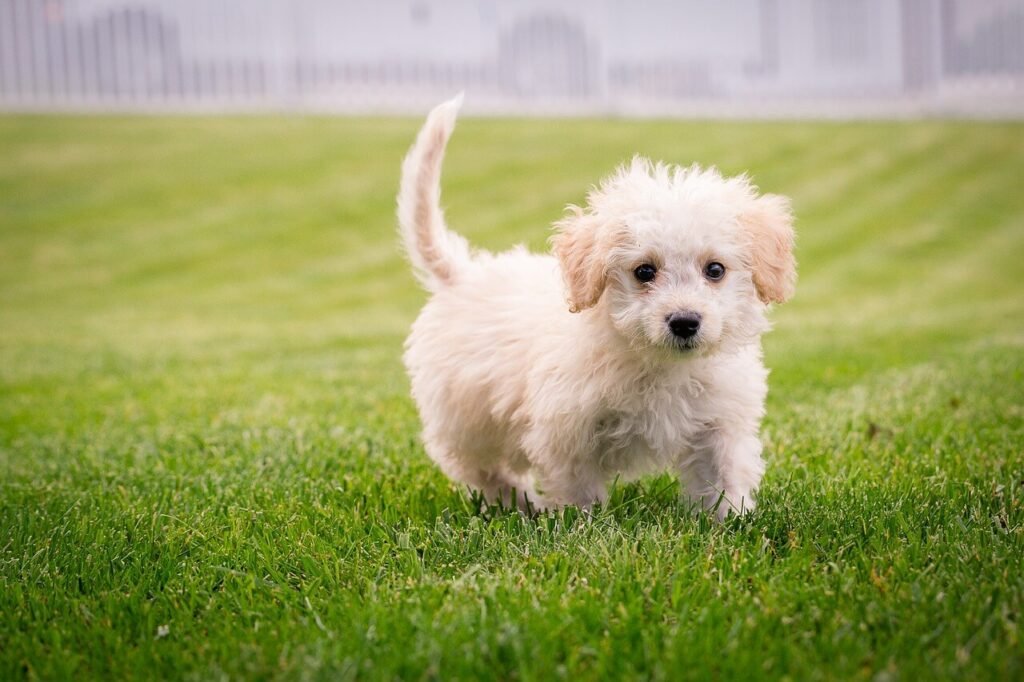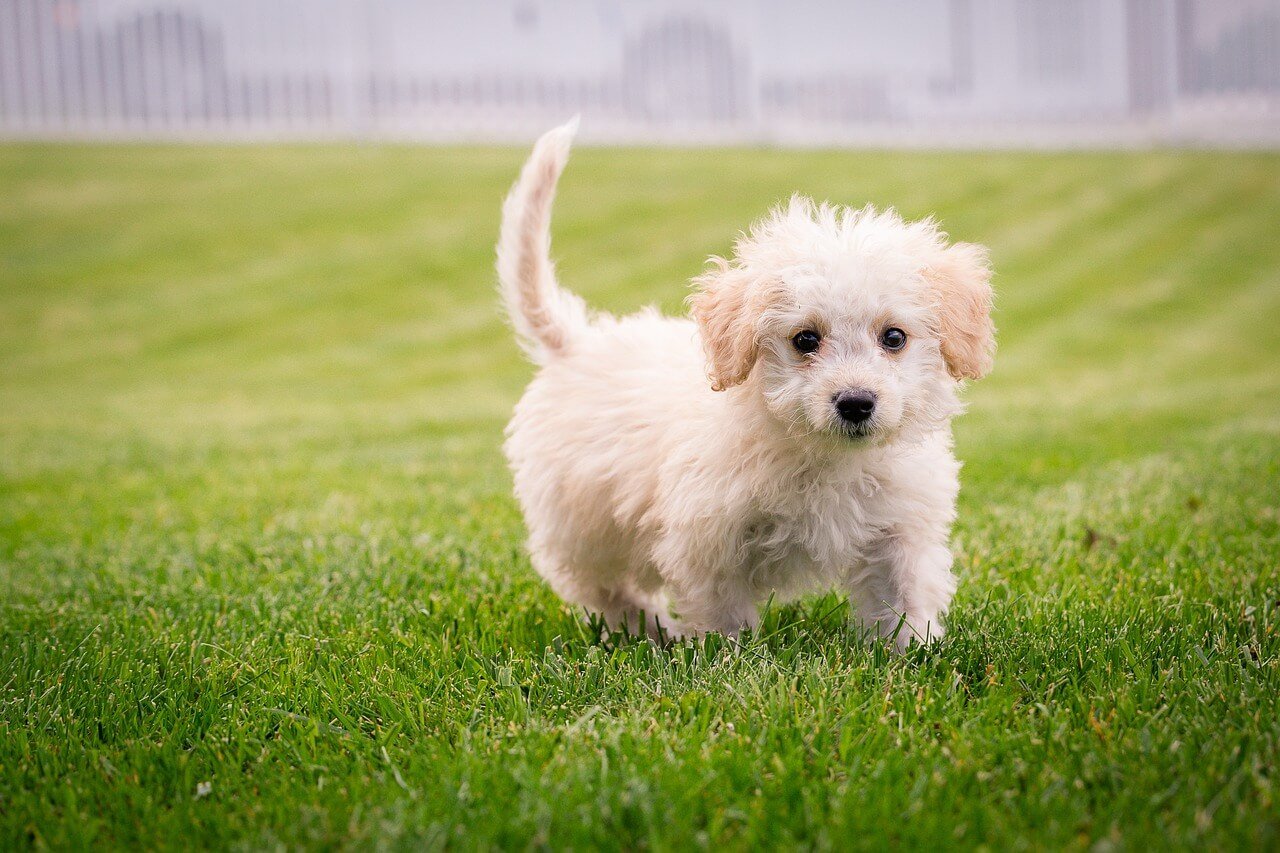Why Is My Dogs Poop Green? Decoding the Mystery
If you’ve ever taken a closer look at your dog’s poop and noticed an unusual green hue, you’re not alone. While it might seem alarming at first glance, green dog poop isn’t always a cause for panic. In fact, there are several reasons why this could happen, ranging from dietary changes to underlying health concerns. Understanding what causes this phenomenon can help you take the right steps to ensure your furry friend stays healthy and happy. Let’s dive into the details and uncover what green dog poop really means.
Common Causes of Green Dog Poop
Before jumping to conclusions, it’s important to understand that green dog poop can result from various factors. Here’s a breakdown of some of the most common causes:
Dietary Changes
A sudden switch in your dog’s food can lead to changes in stool color, including green.Eating Grass or Plants
Many dogs nibble on grass, which contains chlorophyll that can turn their poop green.Parasites or Bacterial Infections
Certain parasites or infections may alter the digestive process, resulting in unusual stool colors.Foreign Substances
If your dog has ingested something unusual, like crayons or colored toys, it could affect their poop color.Bile Pigmentation
Excessive bile production can sometimes give stool a greenish tint.
Understanding these potential causes can help you identify whether your dog’s green poop is harmless or signals a more serious issue. Always monitor your pet closely and consult a vet if symptoms persist.
When Should You Be Concerned About Green Dog Poop?
While green dog poop isn’t always a red flag, certain accompanying symptoms should prompt immediate attention. Here’s what to watch out for:
Diarrhea
If the green poop is loose or watery, it could indicate an upset stomach or infection.Lethargy
A lack of energy or enthusiasm in your dog might suggest they’re feeling unwell.Loss of Appetite
Refusal to eat is often a sign that something is wrong internally.Vomiting
Frequent vomiting alongside green poop could point to gastrointestinal distress.Blood in Stool
The presence of blood indicates a severe problem that requires veterinary care.
If you notice any of these symptoms along with green poop, don’t hesitate to contact your veterinarian. Early intervention can make all the difference in your dog’s recovery.
Check this guide 👉Why Is My Dogs Poop Yellow? Best 7 Health Tips!
Check this guide 👉Understanding Grey Dog Poop: Best 7 Health Tips!
Check this guide 👉Why Is My Dogs Poop Black? Best 7 Health Tips!

Signs Your Dog Needs Veterinary Care | Steps You Can Take at Home |
|---|---|
Persistent diarrhea | Monitor hydration levels |
Blood in stool | Provide bland diet |
Lethargy | Ensure rest and quiet space |
Vomiting | Avoid feeding table scraps |
Loss of appetite | Keep track of bowel movements |
How to Prevent Unusual Stool Colors in Dogs
Prevention is key when it comes to maintaining your dog’s digestive health. By taking proactive measures, you can reduce the chances of encountering green poop or other irregularities. Consider the following tips:
Gradual Diet Transitions
Introduce new foods slowly over a week to avoid shocking your dog’s system.Limit Access to Grass
Supervise outdoor playtime to prevent excessive grazing.Provide Safe Toys
Choose durable, non-toxic toys that won’t break apart easily.Regular Vet Check-Ups
Routine visits can catch potential issues before they escalate.Keep Toxic Substances Out of Reach
Store cleaning supplies, medications, and chemicals safely.
By implementing these practices, you’ll create a safer environment for your dog and minimize the risk of unusual stool colors.
Tips for Maintaining Your Dog’s Digestive Health
A healthy digestive system is crucial for your dog’s overall well-being. Here are some strategies to keep their gut in top shape:
Feed High-Quality Food
Opt for nutrient-rich, balanced diets specifically formulated for dogs.Include Probiotics
Probiotic supplements can support beneficial gut bacteria.Encourage Regular Exercise
Physical activity promotes digestion and reduces stress.Stay Consistent with Feeding Times
Establishing a routine helps regulate bowel movements.Hydrate Properly
Ensure fresh water is always available to prevent dehydration.
By prioritizing your dog’s digestive health, you’ll not only improve their quality of life but also enjoy fewer surprises during cleanup duty!
Understanding the Role of Diet in Dog Poop Color
Your dog’s diet plays a significant role in determining the color and consistency of their stool. Certain foods can directly influence whether their poop appears green or takes on other unusual hues. Here are some dietary factors to consider:
High-Fiber Foods
Foods rich in fiber can accelerate digestion, sometimes leading to greener stools due to incomplete bile breakdown.Artificial Coloring in Treats
Some commercial treats contain dyes that may alter stool color temporarily.Raw or Undercooked Meat
Feeding raw diets can introduce bacteria that affect the digestive process, potentially causing discoloration.Excessive Fruits and Vegetables
While nutritious, overfeeding chlorophyll-rich produce like spinach or kale can tint the stool green.Switching Protein Sources
Introducing novel proteins (e.g., lamb or duck) might cause temporary changes in stool appearance.
By paying attention to your dog’s diet, you can better predict and manage any unexpected changes in their poop color. Always introduce new foods gradually to minimize disruptions.
Environmental Factors That Affect Dog Poop
Sometimes, external influences beyond your dog’s diet can impact the color of their stool. These environmental factors often go unnoticed but are worth considering when investigating green poop. Here’s what to look out for:
Access to Outdoor Plants
Dogs who frequently graze on grass, weeds, or shrubs may ingest chlorophyll-rich materials.Contaminated Soil
Soil containing pesticides or chemicals can irritate the digestive tract and alter stool color.Water Quality
Drinking from stagnant ponds or puddles might introduce harmful bacteria or algae.Foreign Objects
Swallowing non-food items like leaves or mulch during walks can lead to unusual poop colors.Seasonal Changes
Springtime growth of fresh grass or autumn leaf litter could contribute to temporary discoloration.
Being mindful of your dog’s surroundings will help you identify potential sources of green poop. Supervising outdoor activities ensures they stay safe and healthy.
The Importance of Monitoring Your Dog’s Behavior
Beyond just observing stool color, monitoring your dog’s overall behavior provides valuable insights into their health. Subtle changes in habits or demeanor can signal underlying issues that need addressing. Keep an eye on these behaviors:
Changes in Appetite
Sudden refusal to eat or excessive hunger could indicate digestive discomfort.Activity Levels
Decreased energy or reluctance to play may suggest your dog isn’t feeling well.Bathroom Habits
Frequent attempts to poop without results might point to constipation or blockages.Grooming Patterns
Excessive licking or chewing around the abdomen could mean gastrointestinal distress.Interaction with Family Members
Withdrawal from social interactions is often a sign of stress or illness.
Paying close attention to your dog’s behavior helps you catch problems early. If something seems off, trust your instincts and consult a professional promptly.
FAQ
Is green dog poop normal?
It depends on the context. Occasional green poop may be harmless, but persistent discoloration warrants investigation.
Can eating grass cause green poop?
Yes, chlorophyll in grass can turn your dog’s stool green.
How quickly should I see a vet?
If your dog shows signs of illness, such as vomiting or lethargy, seek veterinary care immediately.
What foods are safe for dogs?
Lean meats, vegetables like carrots, and specially formulated dog food are generally safe options.
Can stress affect my dog’s poop color?
Yes, stress can disrupt digestion and lead to changes in stool appearance.
Final Thoughts: Keeping Your Dog Healthy and Happy
Green dog poop doesn’t have to be a source of worry if you know how to interpret its meaning. Whether it’s due to dietary habits, environmental factors, or a health concern, staying informed empowers you to make the best decisions for your furry companion. Remember to observe your dog’s behavior closely, maintain a consistent routine, and consult a veterinarian whenever necessary. With proper care and attention, you can ensure your dog enjoys a long, healthy, and vibrant life—free from unexpected surprises in the backyard!
Do Cats Have Taste Buds? Best 7 Expert Tips! – Discover how cats experience flavors and why their taste is so unique.
Do Dogs Have Taste Buds? Best 7 Expert Tips! – Discover how dogs experience taste, their preferences, and what it means for their diet and health.
Can Cats Taste Sweet? Best 7 Expert Tips! – Discover why cats can’t taste sweetness, how it affects their diet, and tips to keep them healthy and happy.
Can Dogs Taste Sweet? Best 7 Expert Tips! – Discover how dogs perceive sweetness, which foods are safe, and tips to manage their sweet cravings responsibly.





